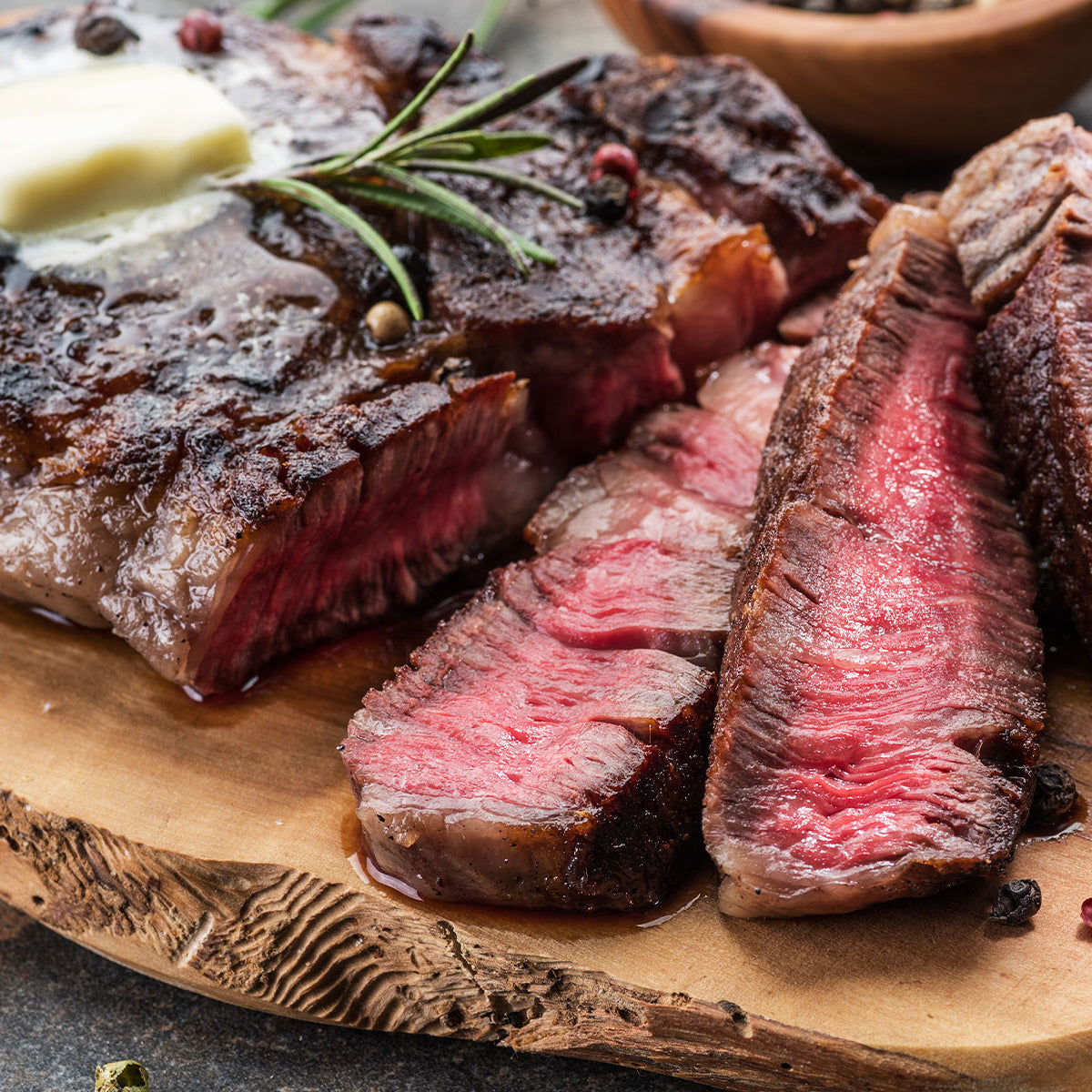
Why Organic Meat is a Healthier, More Sustainable Choice
When it comes to choosing meat for you and your family, the options can be overwhelming. From conventional to free-range, and now, organic, it’s important to understand why organic meat stands out as the superior choice for both health and the environment. Here’s a closer look at why organic meat is better and why you might want to consider making the switch.
What Makes Meat Organic?
Organic meat comes from animals that have been raised according to strict standards. This means no antibiotics or growth hormones are used, and the animals are fed an organic diet free from genetically modified organisms (GMOs). Additionally, organic farming practices require that animals have access to the outdoors and are raised in more humane conditions compared to conventional methods.
Health Benefits of Organic Meat
-
No Harmful Additives: One of the biggest advantages of organic meat is that it is free from antibiotics and growth hormones. In conventional farming, these substances are often used to promote faster growth and prevent disease. However, there is growing concern about the long-term health effects of consuming meat with these additives, including potential antibiotic resistance and hormonal imbalances.
-
Higher Nutritional Value: Some studies suggest that organic meat may be higher in certain nutrients. For instance, organic meat tends to have a better omega-3 to omega-6 fatty acid ratio, which is beneficial for heart health. Additionally, organic meat can be richer in antioxidants, thanks to the varied diet of animals raised on organic feed and access to pasture.
-
No GMOs: Organic standards prohibit the use of genetically modified feed. This means that organic meat comes from animals that have been fed a diet free of GMOs, which some consumers prefer to avoid due to concerns about the long-term effects of GMOs on health and the environment.
Environmental Benefits of Organic Meat
-
Sustainable Farming Practices: Organic farming practices are designed to be more sustainable. They emphasize the use of natural fertilizers and pest control methods, which help maintain soil health and reduce pollution. This means organic meat production often has a lower environmental footprint compared to conventional farming.
-
Animal Welfare: Organic standards require that animals have access to the outdoors and are raised in conditions that allow them to engage in natural behaviors. This not only leads to better animal welfare but also contributes to healthier animals, which can result in better-quality meat.
-
Reduced Pollution: By avoiding synthetic chemicals and promoting soil health, organic farming practices help reduce water and soil pollution. This is because organic farms often use methods that minimize runoff and erosion, helping to protect local ecosystems.
Taste and Quality
Many people find that organic meat has a superior taste and quality compared to conventional meat. This can be attributed to the animals’ natural diet and stress-free living conditions. Organic meat often has a richer, more authentic flavor, making it a preferred choice for gourmet cooking and everyday meals alike.
Supporting Local Farmers
Choosing organic meat often means supporting local farmers who are committed to sustainable and humane practices. By purchasing organic meat, you are not only investing in your health but also contributing to a more ethical and environmentally friendly food system.